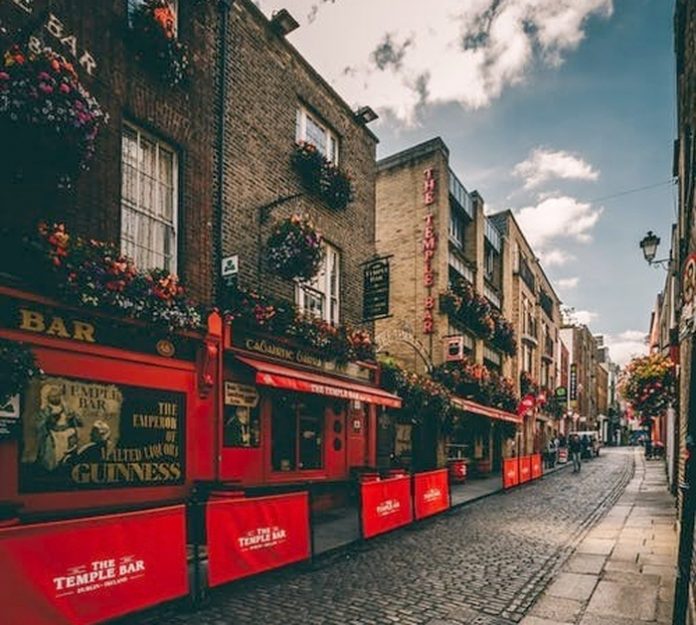The battleground of the British High Street – what is going on? Like London Clancy, regional commercial property agents, anybody with an eye on general business activity will already know that retail is having a tough time. The impact of this is also having a marked effect on landlords and investors in this arena.
London Clancy want to examine this question in a bit more detail and lift the lid on some of the issues. So, we ask, what is the current economic temperature of the British High Street? Is the British High Street a battleground?
Amongst many headlines, no one will have missed that the Arcadia Group, Primark and other big retail names are working hard for survival. Like Arcadia, some are currently negotiating an insolvency procedure, a Company Voluntary Arrangement (CVA). Retailers are asking freeholders and landlords to accept reduced rents in a string of towns throughout the UK.
Landlords and tenants appear to be in a battle. Landlords are negotiating back. As retailers are struggling to reduce rents and also close stores. Freeholders are now asking and getting an equity stake in any future sale of the businesses in order to back the CVA. Rather this than lose the tenant completely. In a struggling High Street, a large empty retail unit could be very difficult to re-let.
It is clear from various industry surveys including RICS that this is impacting rents. Higher retail vacancy rates have in turn meant that retail rents drop.
As Russell Ware, Head of Retail at London Clancy states: “Tenants are seeking reduced rents and battling difficult market conditions. This is changing the relationship of landlord and tenant.” He continued: “There are bound to be winners and losers in the foreseeable future, but we want to mitigate that as much as possible.”
So, what can be done to save the infrastructure and landscape of the British high street as we see the makeup of towns alter?
Reduce the Impact
London Clancy always actively review client assets to reduce the impact of any future difficulties for clients or tenants. They remain constantly aware of possible difficulties that tenants face during tough trading conditions.
As a regular aspect of actively managing client’s portfolios, this can help mitigate larger problems being created further down the line. So, the first step is to start a conversation to reduce the fallout of any potential difficulties that clients or tenants may be experiencing.
Re-purpose the Building
So, how can we expect to re-purpose buildings to make different use of the space in the future? Can the battle of the British High Street be won? And, what is going to replace the familiar retail names in the High Street?
Well London Clancy think pop-up shops are a viable alternative and are seeing activity to fill empty spaces. Estimated to be worth £2.3 billion and accounting for around 0.76% of total retail turnover, according to EE’s Britain’s Pop-Up Retail Economy report.
With 44% of customers saying they have visited a pop-up shop in the last 12 months – the industry employs 26,200 people, London Clancy believe this trend is set to continue to play a part in shaping the future British High Street.
At London Clancy lateral thinking again reduces the negative effect of a vacant High Street. More independent brands and privately-owned start-ups can gain a foothold. Sometimes this means that the length of lease is shorter, but it adds a vibrancy to the High Street.
Still based in the busiest retail spaces, new businesses are offering experiences and event space, rather than just retail. Creating a buzz about retail again and offering the public entertainment and new customer experiences.
London Clancy can report that more e-commerce businesses are exploring the built High Street too. A pop-up shop on a shorter lease allows retailers to test a market before making a longer commitment.
Flexibility and Variety
Flexibility and variety are key. With a finger on the pulse, London Clancy conclude that where some see problems, others see opportunities. Smaller local businesses now have greater access to more retail opportunities and greater access to busier towns and cities with higher footfall. New retailers are taking short term deals. We see pop-up shops being more commonplace.
London Clancy also see this trend developing further as it makes each town and city different and more individual.






















